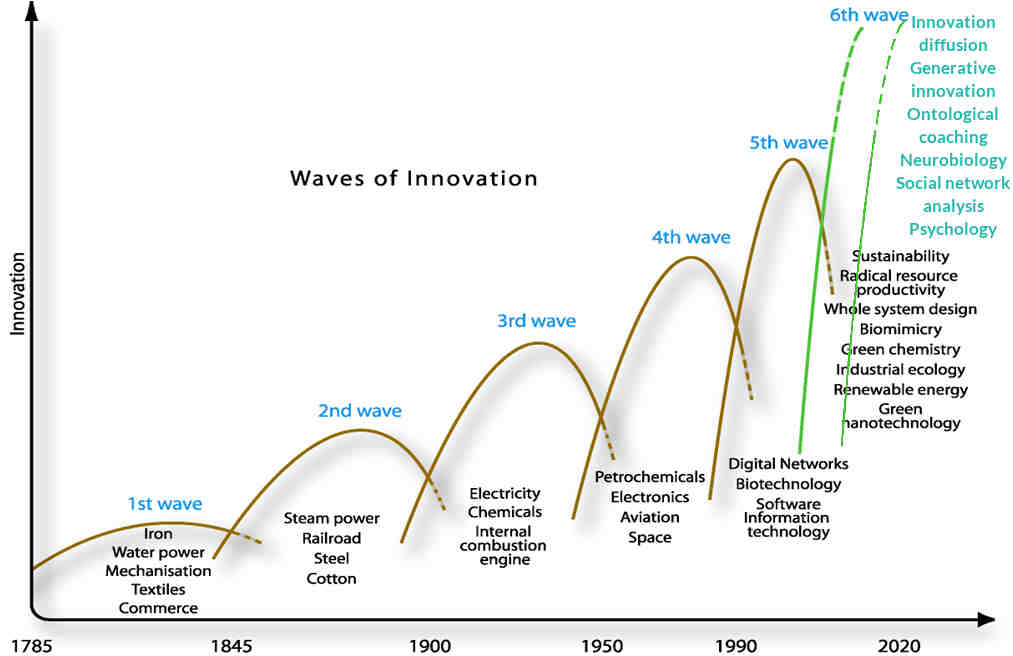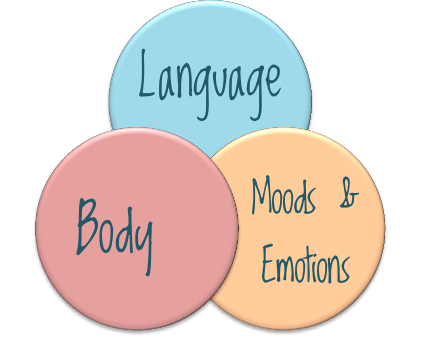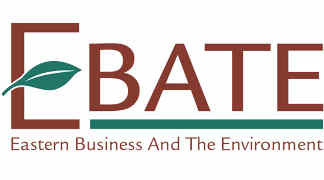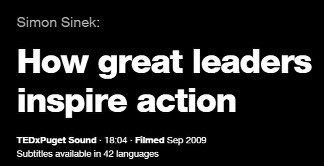“Just” is a 4-letter word
“Human behaviour doesn’t fit into a simple cause/effect model….
Resist simplifications…” – Margo Main
In an increasingly complex world, “just” is a symptom of over-simplification that blinds us to possibilities for systems transformation. Maybe it’s an excess of super-hero movies, technology overwhelm, or an industrial culture of production line thinking.
A single-answer “solution” about sustainability (or any other wicked problem)
that starts with “if they would JUST…” is best treated with deep suspicion, whether it’s:
- Government just needs to tax carbon emissions
- Consumers just need to use less
- Industry just needs to stop polluting
Simple isn’t the same as easy…
It’s not the basic principles of sustainability that are complicated – they’re pretty straightforward, really:
- design for total safety and increased well being
- design for remanufacture
- deliver value, not just products
- find value in every resource
- optimise systems instead of processes and products
- localise value chains and resource usage
- use physics and biology, not just mechanical and chemical engineering
- etc.
It’s that lots of straightforward things aren’t easy – especially when they involve changing human systems.
WE’RE complicated…
What’s complicated is the mesh of social/political/technical systems that form the modern world. They’ve been pieced together over centuries – as human beings who evolved to live in small groups as hunter gatherers responded piece-meal to agriculture, urbanisation and industrialisation.
It’s just as well that we have a wealth of knowledge on human behaviour and how to innovate human systems readily available. It includes:
- Neurobiology and neuroeconomics to help us understand the limitations of human perception and cognition.
- A deep understanding of language as the fundamental technology for evolving human systems.
- The conversational tools and collaborative design tools that enable solutions to “wicked” problems.
- A wealth of systems analysis and design tools to help us picture the complexity we’re operating within.
Change-making = systems mastery
If you aspire to being part of the change you want to see in the world, make sure you’re not wearing 20th century blinkers about power, process, products, silver bullets and superheroes. They’ll prevent you seeing leverage points where you can accelerate the emerging shift to a regenerative economy.
Explore our RESOURCES section for some tools to get started…







